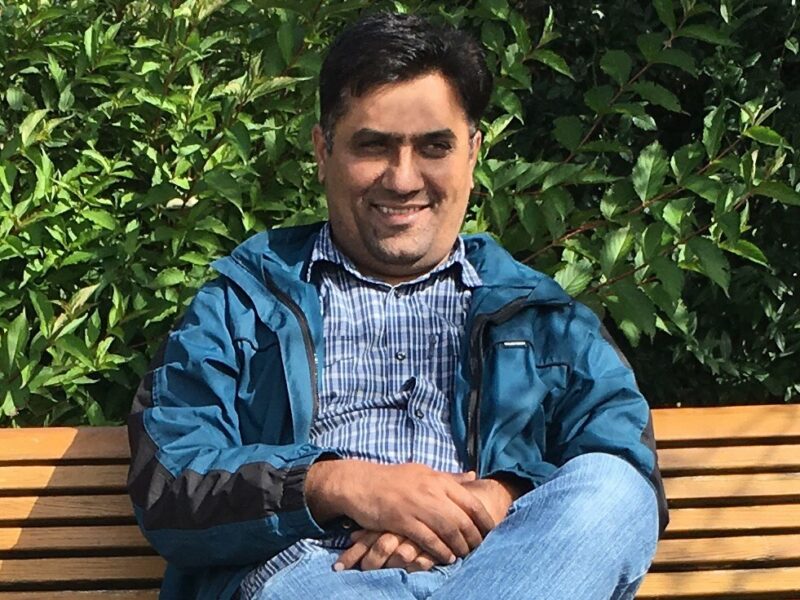Green hour: “Science for practice and policy: the trigger project about climate-health relationships” (Dr. Muhammad Saleem Pomee)
November 9 12:00 PM - 01:00 PM
2023

Muhammad Saleem
The climate is changing globally due to the increase in greenhouse gas concentrations caused by human activities. Consequently, various aspects of life, including natural systems, human health, and economies, are being adversely affected. Europe is no exception and is particularly vulnerable to these changes, especially in the healthcare sector. Current climate changes are anticipated to lead to additional mortality and morbidity in Europe, especially related to cardiovascular and respiratory diseases. By the 2080s, heat-related mortality alone is projected to cause an additional 50,000 to 160,000 deaths annually in Europe. Therefore, integrating climate knowledge into healthcare decision-making is crucial to safeguard the health of both current and future European generations.
However, accurately quantifying the true impact of climate change on human health poses significant challenges. Firstly, existing uncertainties about climate conditions affect the reliability of climate knowledge applied in the healthcare sector. Secondly, climate-health relationships are incredibly intricate, highly uncertain, and multifaceted, introducing additional complexities in understanding the link between climate and health. Finally, numerous confounding variables and physiological feedback mechanisms tend to complicate these intricate exposure-response relationships, making it challenging to encompass all these factors in real-world scenarios.
TRIGGER (solutions for mitigating climate-induced health threats) is one of the latest EU initiatives under Horizon-ENVHLTH-2021, which aims to enhance our understanding of all the aforementioned issues. This project acknowledges the complexities involved in gathering credible scientific evidence on the connections between climate and health. Therefore, it brings together scientific expertise from 18 European countries and over 22 organizations in a consortium to address different aspects of this intricate relationship. The project seeks to improve our current understanding of climate-health interactions to facilitate the development of climate-smart healthcare initiatives at the EU level. A notable innovation is the establishment of five Climate-Health Connection Labs (CHC Labs), strategically positioned across Europe to represent diverse climatic and socioeconomic settings. One of these CHC Labs is located in Augsburg and is led by the Chair of Regional Climate Change and Health at the Medical Faculty (Prof. Dr. Elke Hertig) in collaboration with the University Hospital (Prof. Dr. Thomas Berghaus, Andreas Hoffmann, Selin Temizel). Additionally, there is collaboration with the city of Augsburg.
